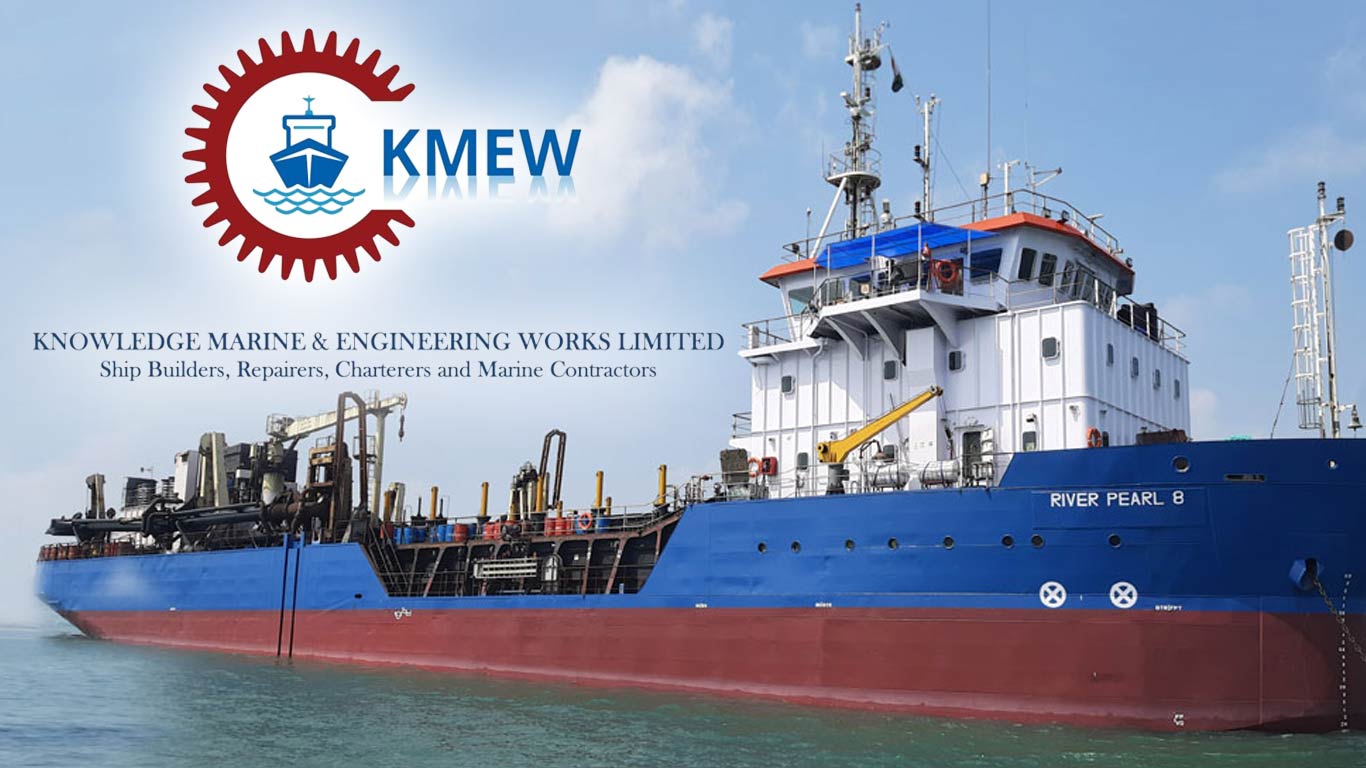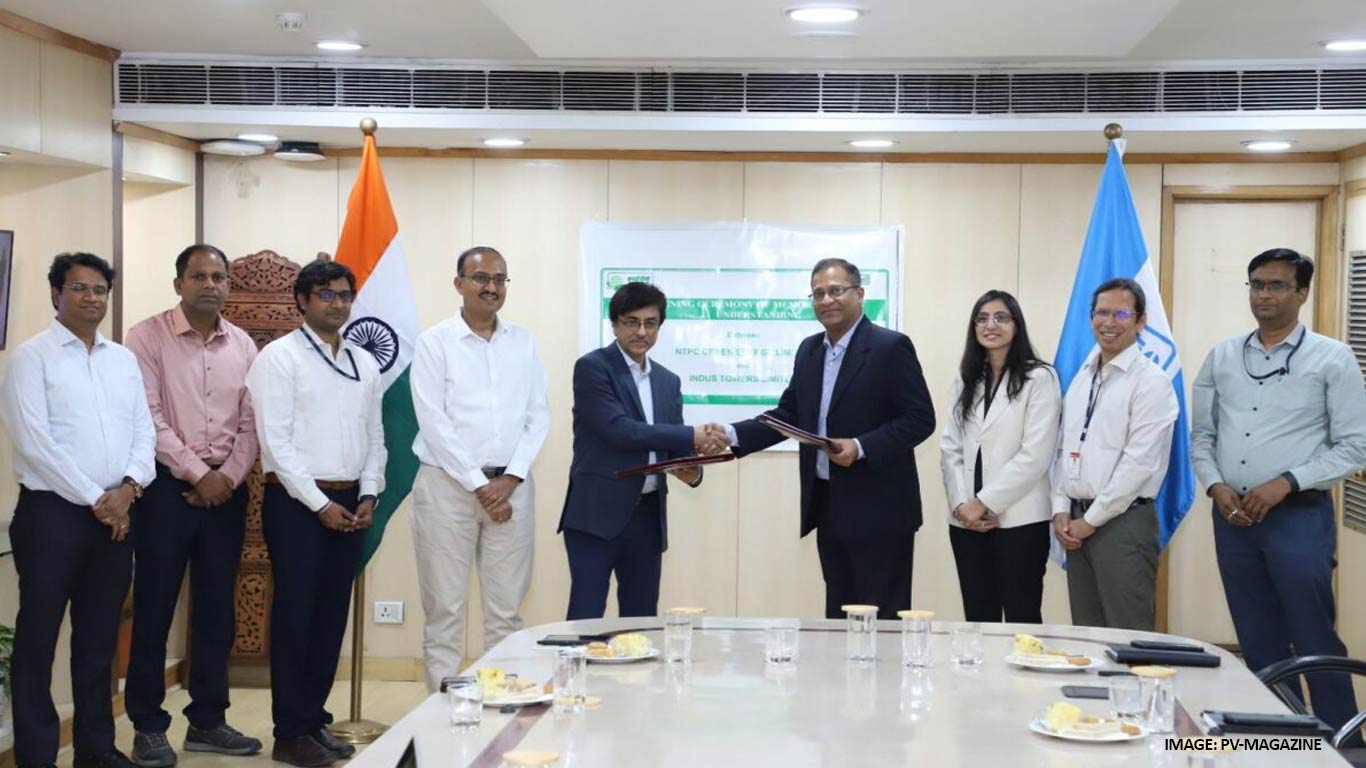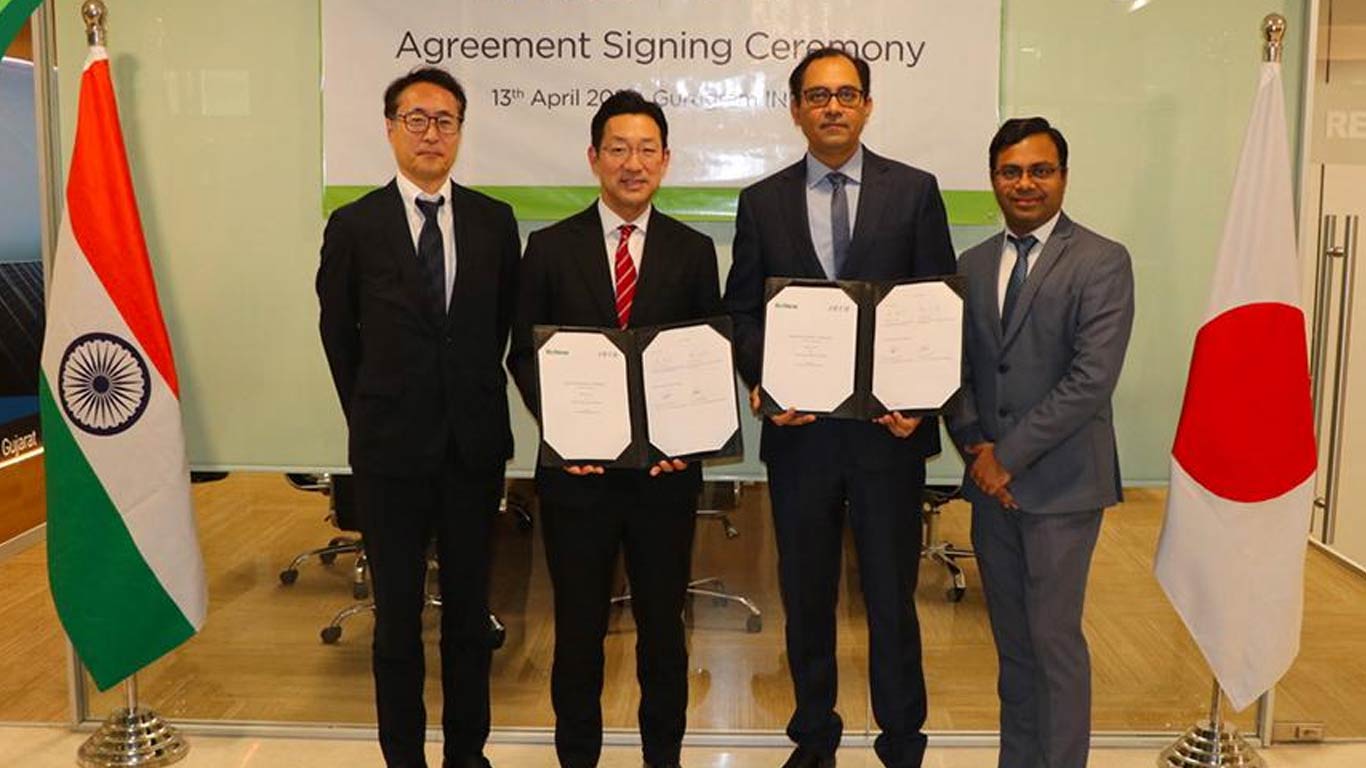Industry calls for focussed procurement policy and new definition of MSMEs
Updated: Jan 06, 2014 06:53:06pm

“Make the present government procurement policy of MSME Ministry more focussed by changing the stipulated requirement for government departments to procure a minimum of 20 per cent of their supplies from such units in both manufacturing and services sector to sourcing a minimum of 20 per cent of their supplies from MSMEs in manufacturing sector while continuing to source services from MSMEs in services sector,” said FICCI (Federation of Indian Chambers of Commerce and Industry), in a study titled, FICCI’s Agenda for Economic Growth, unveiled here today.
In the ‘manufacturing’ section under ‘Real Economy,’ FICCI also highlighted the need to evolve new guidelines for definition of MSMEs, particularly in light of the global experience.
Speaking at a press conference during the release, FICCI President, Sidharth Birla called for increased focus on growth of enterprise and job creation, as underlined in the multi-pronged economic agenda for the return of the economy to a sustained high growth path.
“We wish to see India get back to a high growth track. Healthy economic growth on a sustained basis is imperative for job creation and the long term well-being of the Nation. Adding a needed 10-12 million jobs annually requires growth of the order of 8-9 per cent over a long period”, Birla emphasized.
“Accelerating investments in the industrial sector is central. There is a need to nurture and maintain a positive state of mind amongst existing and potential entrepreneurs. A healthy macro-environment is a precondition for higher investments”, he added.
The agenda which is likely to undergo refinements and additions in due course, “suggests imperatives on issues affecting competitiveness in the real economy, identifies key goals and drivers required to ease conduct of business, improve governance and build systemic trust and focuses on important sectors such as education and healthcare as these have a significant bearing on sustenance of an enabling environment for businesses.”
It clearly pointed at three key tangible macro-indicators having a bearing on investor perception: fiscal deficit, current account deficit and inflation.
FICCI President said that hard decisions are a must to keep the fiscal deficit under check. Planned capital expenditure should not be compromised for revenue spending. Social spending, he said is a short term measure for job creation, or inclusive but consumption based prosperity.
However, a permanent solution lies in linking social spending to asset creation and skill building, he said. For instance, appropriate linkage of NREGA with productive work would meet inclusivity objectives, while adding to growth.
Bringing CAD down to sustainable levels is essential to bring stability to our external sector, Birla said, adding that policy interventions and resolutions are desperately needed to curb imports of natural resources that are available in abundance domestically.
“We also need comprehensive plans for manufacturing competiveness and building global scale including in services. It is surely not impossible to develop a vision for healthy non-oil trade surpluses in the medium term”, he said.
Also present at the media interaction were Past Presidents of FICCI, YK Modi, Harshpati Singhania and R V Kanoria and Secretary General, A Didar Singh. (KNN/ES)











